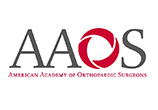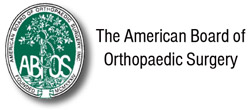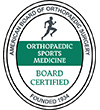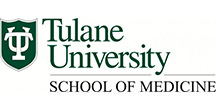Exercising With Knee Pain: Do's and Don'ts
Plenty of studies show the enormous benefits of regular exercise on knee health and the protective advantages it can offer in keeping the structures, tissues and ligaments of the knee protected from damage now, and later in life. As long as you clear it with your physician first, you might be surprised at the knee pain relief and active lifestyle benefits that can come with introducing exercise into your daily routine.
How long should a concussed athlete be sidelined?
What factors predict recovery time for an athlete who has suffered a concussion? A new study has some answers. As the Stanford University authors wrote, “Prognosticating recovery times for individual athletes with a concussion remains a challenge for health care providers. Several preinjury and postinjury factors have been proposed to be predictive of prolonged return-to-play times, but the data in this area are still sparse.”
How to Unfreeze Painful Frozen Shoulder
Frozen shoulder is a common and painful condition. Luckily, there are easy stretches that you can try to ease your pain.
A Non-Opioid Way to Pain Relief After Knee, Shoulder Surgeries
Two new studies on pain relief suggest there is a safer alternative to addictive opioid painkillers after knee and shoulder surgery.
10 Easy Shoulder Mobility Exercises That Ease Pain and Improve Range of Motion
Shoulder tightness can slowly creep up with age, affecting your ability to get adequate sleep, lift grocery bags, scrub the bathtub, or push open heavy doors. Maintaining shoulder mobility usually doesn’t become a focus until these daily activities of living become impacted—or pain and stiffness get unbearable.
What You Can Do About Stiff Achy Knees (at Any Age)
The most common cause of knee pain can hit you in your 30s as easily as it can in your 60s and 70s. Osteoarthritis, or “wear-and-tear arthritis,” is the most common cause of knee pain – and the most common form of arthritis.
80% return to baseball after meniscectomy: New study
Professional baseball players are likely to return to sport after a meniscectomy, according to a new study. The study, “Performance and Return to Sports After Meniscectomy in Professional Baseball Players,” was published online on February 11, 2022, in The American Journal of Sports Medicine.
What Is a Posterolateral Corner Injury?
Knee pain and swelling can be caused by a number of conditions or injuries. Among athletes, injury to the posterolateral corner (PLC) of the knee is one common cause of this type of pain.
Shoulder Blade Stretches: Exercises to Relieve Pain in Tight Shoulders
If the shoulder blade, or scapula, is out of position, or if there are any problems with the tendons attached to the scapula, it can cause pain and make movement difficult. Several stretches may help ease this pain.
79% of hamstring injuries involve biceps femoris: Here’s why
Rapid movements with high eccentric demands of the posterior thigh are likely the main cause of hamstring injury in professional male athletes, according to a new study.





